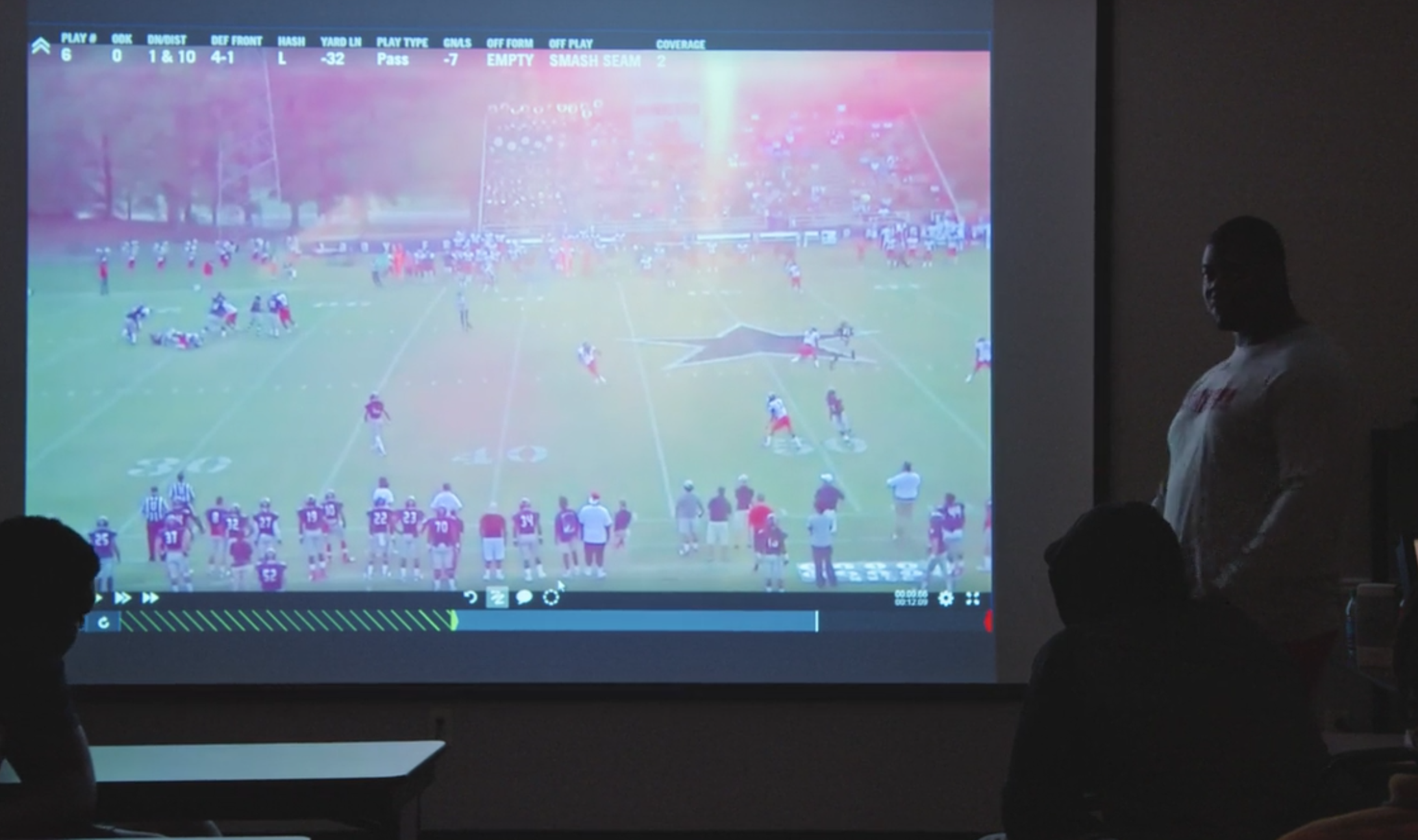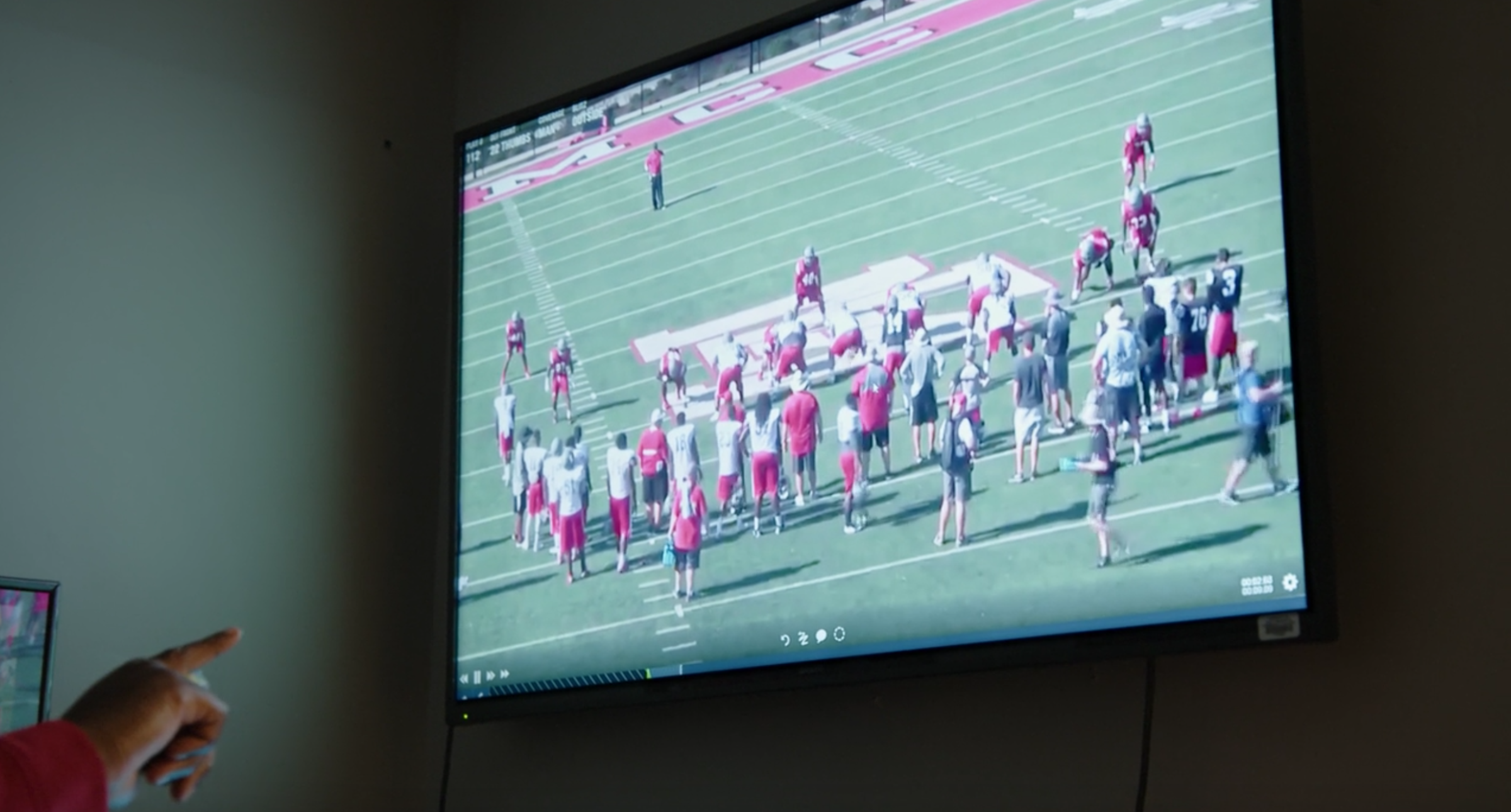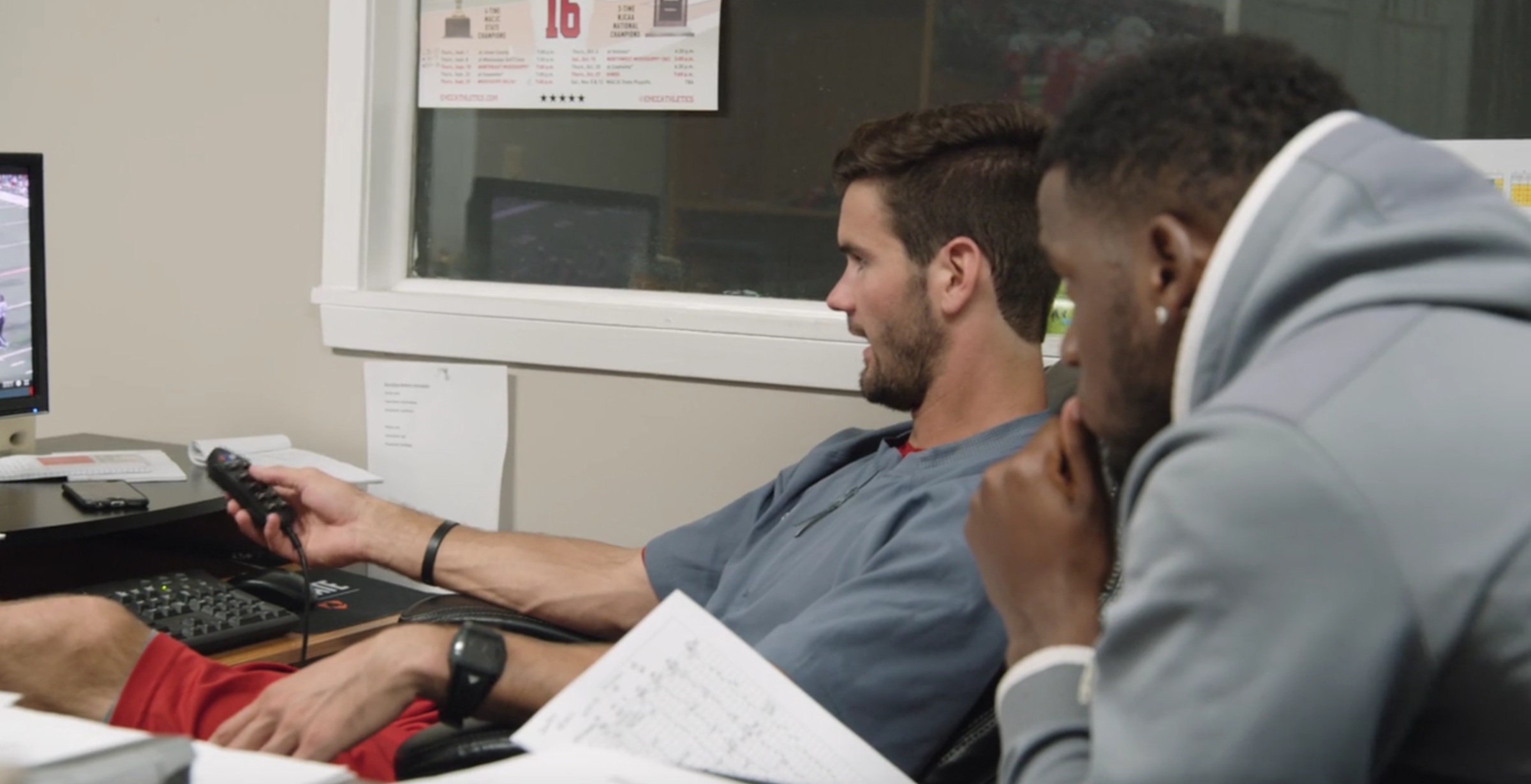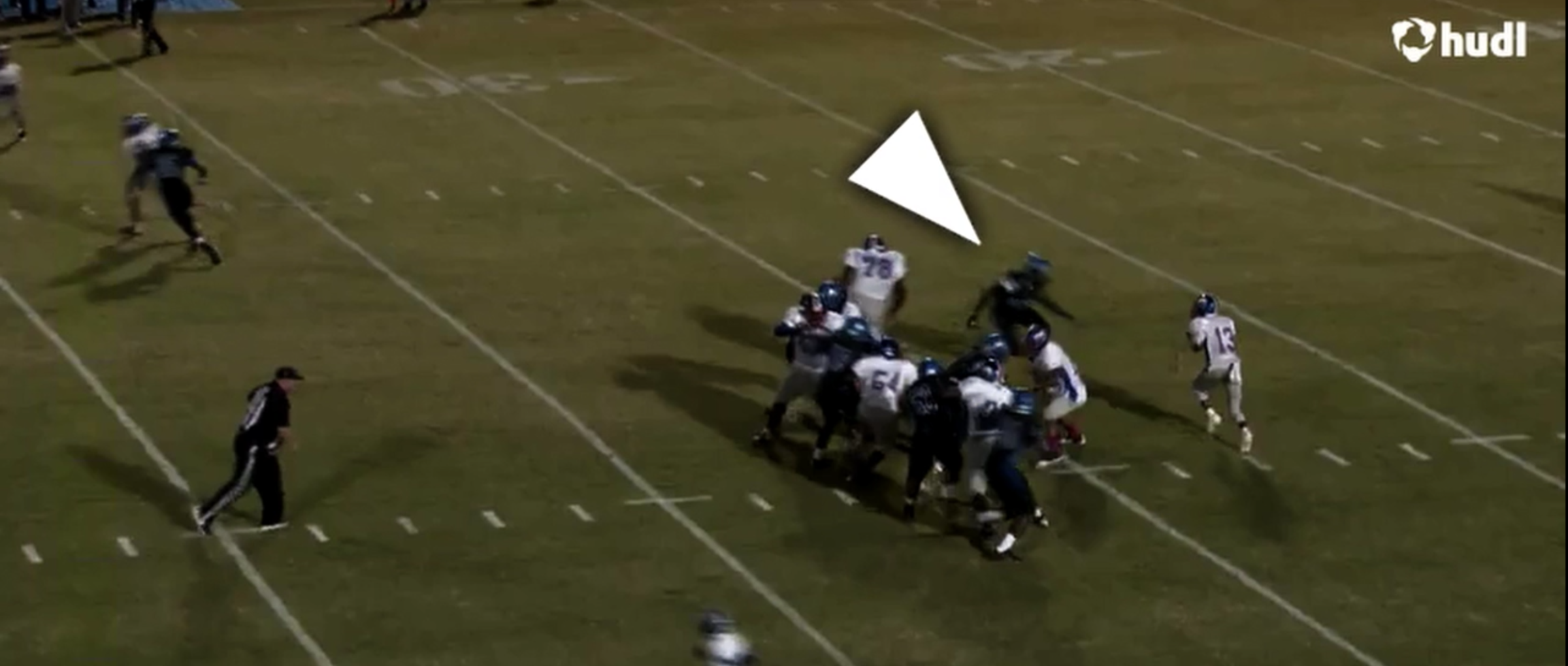Hudl Plays Supporting Role in Season 2 of Last Chance U
The second season of the hit documentary showcases Hudl even more than the first.
When Netflix debuted Last Chance U in 2016, the nation couldn’t get enough of Buddy Stephens, Brittany Wagner, Ronald Ollie and the rest of the East Mississippi Lions. The documentary provides a fly-on-the-wall view into one of the nation’s most successful junior college programs.
The show showcased the staff’s heavy usage of Hudl, and we came up with some tips last year based off how the coaches utilized it. Season 2 was no different - the Lions used Hudl in nearly every aspect of their coaching workflow.
Here’s how East Mississippi took advantage of Hudl’s tools and some ideas that you can implement this upcoming fall.
Self-Scout

The EMCC defense struggled mightily at times during the season, especially during a two-game stretch in October during which its opponents lit up the scoreboard with 77 points. The Lions were bailed out by the offense and won both games, but the defensive coaches knew something needed to change or they were in trouble.
So defensive coordinator Ed Holly and defensive line coach Davern Williams turned to the video. They were able to find some failures in both effort and execution, which they then shared with the players. The Lions earned shutouts in their next two games.
But it’s not just game video that’s valuable. The coaches frequently reviewed practice, searching for breakdowns in either technique or effort.

Prepare for an Opponent
The Lions played one of the nation’s tougher schedules and needed as much help as possible in getting an edge on their foes. Due to a brawl that ended their 2015 season, over half the team was suspended for the 2016 season opener against Jones County Junior College. Only incoming freshmen and transfers were eligible, leaving EMCC in a nearly impossible position. But the Lions’ film study had them prepared and they held tough. Though they ultimately fell 27-25, it was an inspiring result considering the absurd circumstances.
The team rebounded to win their next five games to set up a colossal matchup with No. 1 Northwest Mississippi on Oct. 15. Again, the staff was able to spot some insights in Northwest’s video that helped them take the game rather easily 51-32.
The EMCC coaches aren’t the only ones who get the value of video. Just ask the mother of defensive end Chauncey Rivers, who chided the coaching staff from the stands during one tough game.

Lay Out the Game Plan
EMCC had an explosive offense capable of breaking a game open at any point. The Lions averaged 44.3 points and nearly 500 yards per game, routinely embarrassing defenses with Johnson’s dual-threat ability and the legs of Jacquez Horsley and Isaiah Wright.
The brain behind the attack was offensive coordinator Marcus Wood, who highly valued video. Here’s his setup as the team prepared for a playoff game:

While discussing the backstory of defensive end Tim Bonner’s recruitment, the documentary showed several highlights from his high school video. Those clips helped get him recruited to Louisville. Though he ultimately left the program after one year, Bonner was able to build up his reputation again at East Mississippi and landed at Florida Atlantic.
The EMCC coaches were creative in the many ways they used video, and it helped them connect with athletes, concoct game plans and scout opponents. While Hudl certainly can’t take credit for the Lions’ 11-game winning streak, we like to think we played a small part in helping the team.
Want to see what Hudl can do for you? Check it out.